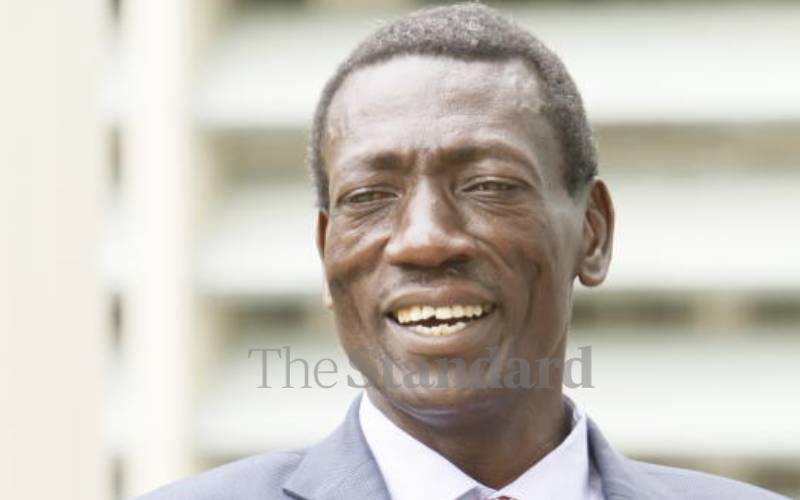×
The Standard e-Paper
Smart Minds Choose Us

Like a severely maimed lion in the heart of the savanna struggling to get back on its feet, the Kenya National Union of Teachers is done with licking its wounds and is now slowly limping out of the trenches.
Having weathered a long dreary season in which it saw its members flee in droves after damaging run-ins with the government that left it financially depleted, and having watched as its boss, Wilson Sossion, followed the bolting teachers in a teary farewell last year, the union seems to be finding its voice again.